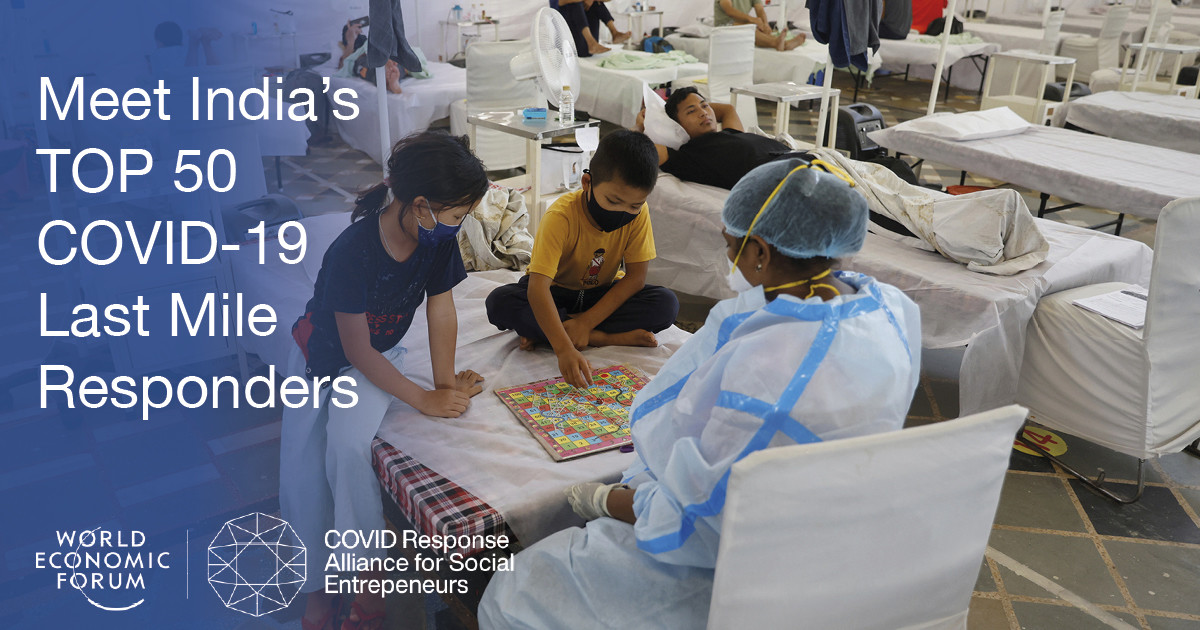COVID-19: What you need to know about the coronavirus pandemic on 8 October

António Guterres has called for funding to support equitable vaccination. Image: via REUTERS
- This daily round-up brings you a selection of the latest news and updates on the COVID-19 coronavirus pandemic, as well as tips and tools to help you stay informed and protected.
- Top stories: Moderna planning vaccine plant in Africa; UN head calls for $8 billion to support equitable vaccination; Italy further eases COVID-19 restrictions.
1. How COVID-19 is affecting the globe
Confirmed cases of COVID-19 have passed 236.7 million globally, according to Johns Hopkins University. The number of confirmed deaths stands at more than 4.83 million. More than 6.41 billion vaccination doses have been administered globally, according to Our World in Data.
Malaysia has given conditional approval for the Pfizer/BioNTech COVID-19 vaccine to be used as a booster shot.
US President Joe Biden has called on more US businesses to obligate workers to get vaccinated against COVID-19.
Japan has struck a deal with Pfizer for an additional 120 million COVID-19 vaccine doses from January 2022.
The coronavirus incidence rate in Spain has dropped below 50 cases per 100,000 people, reaching the Health Ministry's 'low risk' threshold for the first time in a year.
Panama will also purchase an additional 3 million doses of the Pfizer/BioNTech vaccine.
Confirmed new COVID-19 cases in the UK hit 40,701 yesterday, up 12% on a week before and the biggest total since 6 September.
Italy has increased the maximum attendance at cultural and sporting venues. It's part of its progressive easing of COVID-19 curbs for those that show proof of immunity.

2. Call for $8 billion for equitable vaccination
United Nations Secretary-General António Guterres has called for $8 billion to support the global COVID-19 vaccination drive and reach 40% of people in all countries by the end of the year.
It comes as the World Health Organization launched a plan to inoculate 70% of the world by mid next year.
"Not to have equitable distribution of vaccines is not only a question of being immoral, it is also a question of being stupid," Guterres said at a joint news conference with WHO Director-General Tedros Adhanom Ghebreyesus.
More than half of the world has yet to receive at least one dose of a COVID-19 vaccine, according to Our World in Data, and less than 5% of Africans have been fully vaccinated, according to the continent's top public health official.
3. Moderna plans vaccine plant in Africa
Moderna has announced plans to invest up to $500 million to build a factory in Africa to make up to 500 million doses of mRNA vaccines every year - including its COVID-19 shot.
African countries and the World Health Organization (WHO) have been urging drugmakers for months to set up vaccine plants on the continent to help it secure supplies of COVID-19 shots that have been largely purchased by wealthier nations.
"We expect to manufacture our COVID-19 vaccine as well as additional products within our mRNA vaccine portfolio at this facility," CEO Stephane Bancel said in a statement.
John Nkengasong, director of the Africa Centres for Disease Control and Prevention, said he had not seen the statement and had not been consulted on the move. However, he welcomed efforts to address the medium- and long-term needs of the continent - but more work was needed now to secure COVID-19 vaccine doses.
India’s leading COVID-19 last-mile responders
Don't miss any update on this topic
Create a free account and access your personalized content collection with our latest publications and analyses.
License and Republishing
World Economic Forum articles may be republished in accordance with the Creative Commons Attribution-NonCommercial-NoDerivatives 4.0 International Public License, and in accordance with our Terms of Use.
The views expressed in this article are those of the author alone and not the World Economic Forum.
Stay up to date:
Pandemic Preparedness and Response
Forum Stories newsletter
Bringing you weekly curated insights and analysis on the global issues that matter.
More on Health and Healthcare SystemsSee all
Fernando J. Gómez and Elia Tziambazis
December 20, 2024








